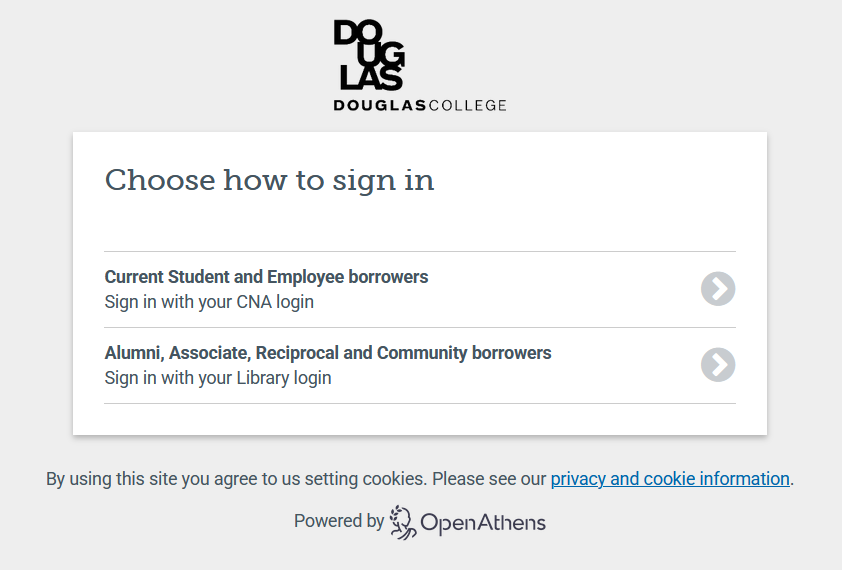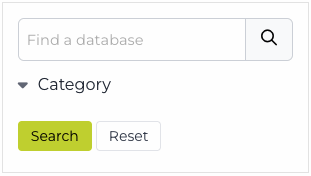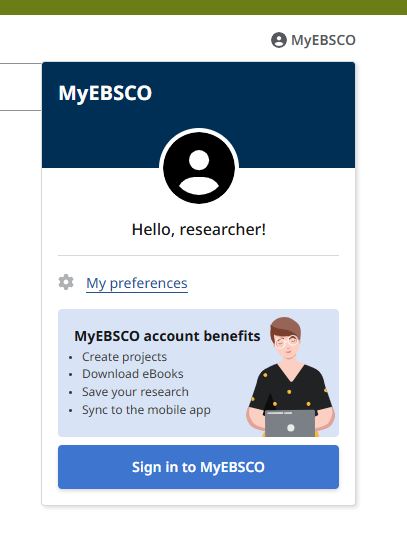
Douglas College Library subscribes to wide selection of databases. These provide access to information and content that is not found freely on the internet. Many of these databases focus on a particular subject or discipline. You can search for databases by subject or by title using our A-Z listing. You can also search for databases using our Find a database tool.
Many, but not all, of our databases' holdings are indexed in the OneSearch search tool found above. To see what is not included in OneSearch check our eResources not in OneSearch list. You may notice some very useful databases like CBCA and Statista are not in OneSearch and need to be searched directly.

Databases contain more than just academic journals and eBooks. Some of our databases focus on streaming music and videos, others contain legal materials, 3D medical diagrams, and open access materials. Douglas College Library strives to curate the best collection of eResources to help you with your studies.
We also have pages that help you search in, evaluate, cite, and create permalinks to these eResources.
Having trouble logging in? See our remote access page for authentication and troubleshooting tips.


 LibKey Nomad is a browser extension that provides one-click access to scholarly articles. It automatically links students to the full text of articles available through the library’s subscriptions without needing to search through multiple platforms. When you browse academic content online (e.g., publisher websites, PubMed, Wikipedia), LibKey Nomad detects available articles and provides a download button if access is available.
LibKey Nomad is a browser extension that provides one-click access to scholarly articles. It automatically links students to the full text of articles available through the library’s subscriptions without needing to search through multiple platforms. When you browse academic content online (e.g., publisher websites, PubMed, Wikipedia), LibKey Nomad detects available articles and provides a download button if access is available.
